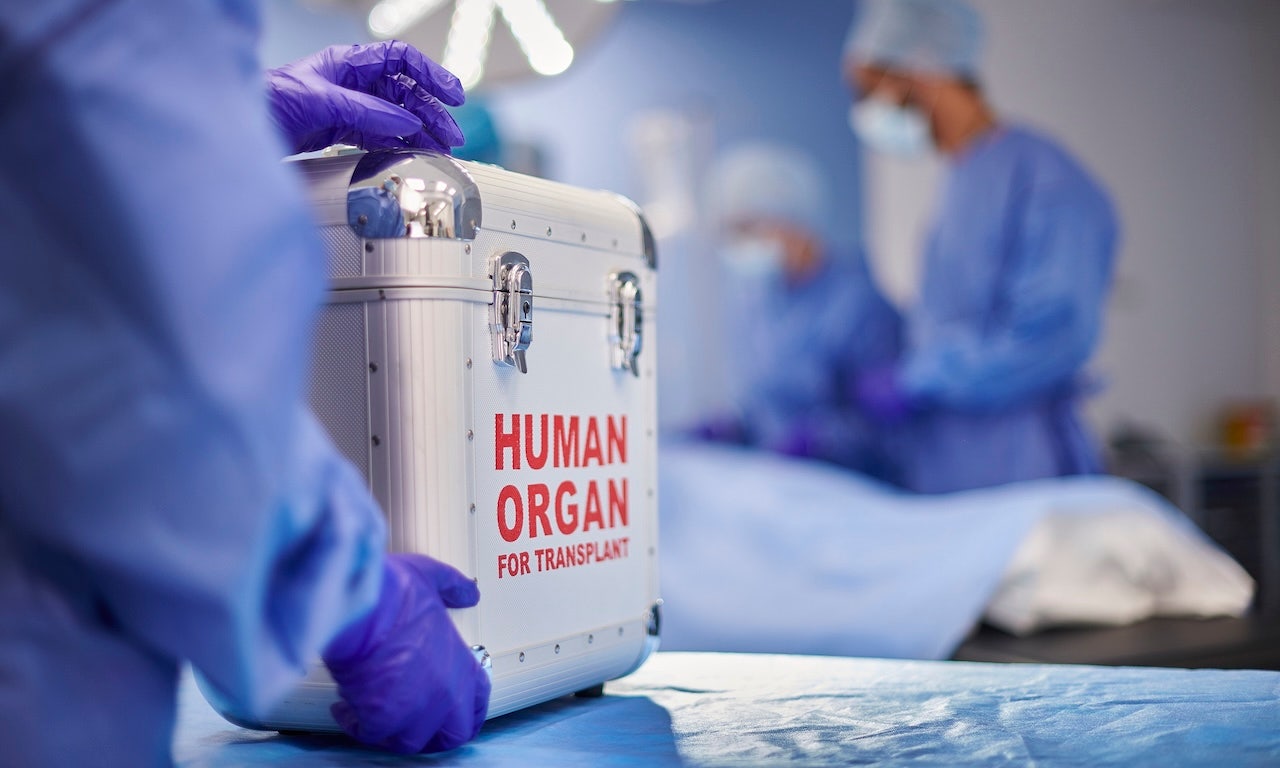Organ transplant recipient dies of rabies after surgery

A tragic incident has occurred in Michigan, where a resident has lost their life to rabies following an organ transplant. The transplant took place at an Ohio hospital in December 2024, and the individual succumbed to the fatal virus in January 2025, as confirmed by a spokesperson from the Michigan Department of Health and Human Services (MDHHS) to Fox News Digital.
According to the MDHHS spokesperson, the patient acquired rabies through the transplanted organ, and this was verified by the CDC Rabies Laboratory. Following this discovery, the Michigan Department of Health and Human Services collaborated with the Ohio Department of Health and the Centers for Disease Control and Prevention (CDC) to conduct a thorough investigation.
It was determined that the organ donor was not a resident of Michigan or Ohio. Health officials have been diligent in assessing individuals, including healthcare providers, who may have come into contact with the infected individual for potential rabies exposure. Post-exposure preventive care has been administered as necessary, and there is no current threat to the general public.
Although organs undergo routine screening for infectious diseases, cancers, quality, and functionality before transplantation, rabies testing is not typically included in the process. The National Institutes of Health states that no country or institution mandates the screening of rabies in donors before organ transplant surgery.
This unfortunate incident is not the first of its kind. In 2013, the CDC confirmed the deaths of four individuals in Maryland who contracted rabies from organs donated by the same individual. Similarly, in 2004, three individuals lost their lives due to rabies after receiving organs from an infected donor.
Rabies is a deadly viral disease primarily transmitted through bites or scratches from infected animals to humans and pets. The virus attacks the central nervous system, leading to brain dysfunction and symptoms such as anxiety, confusion, agitation, and hallucinations.
Without prompt medical intervention, rabies is almost always fatal. Each year, around 60,000 individuals in the U.S. seek medical care following potential exposure to rabies, with fewer than 10 reported deaths annually. Bats are the most common carriers of rabies in the U.S., with other animals like raccoons, skunks, and foxes also posing a risk.
This heartbreaking incident serves as a reminder of the importance of thorough screening and precautions in organ transplantation procedures. The health and safety of transplant recipients must always be the top priority to prevent such tragic outcomes.




